تاپیک Technology هم در بخش اسپیکینگ و هم رایتینگ آیلتس بسیار پرتکرار بوده و هست.
این موضوع میتونه با تاپیکهای دیگه هم پیوند بخوره و بصورت سوالاتی درباره تکنولوژی در محیط کار یا خونه، یا کاربرد تکنولوژی در آموزش به کودکان و … مطرح بشه.
پس علاوه بر اینکه باید دامنه لغات و اصطلاحات گستردهای راجعبه تاپیک Technology داشته باشید، بلکه باید بتونید ایدههای قابل قبولی درباره این موضوعات ارائه بدید.
دقت کنید که محتوای ایده و طرز فکر شما در آزمون اسپیکینگ آیلتس قضاوت یا نقد نمیشه؛ اما نحوه ارائه و توسعه ایدههاتون و اینکه چطور با مثالهای مرتبط اونها رو ساپورت میکنید، مورد ارزیابی قرار میگیره.
اگه با شیوه نمرهگذاری و ملاکهای ارزیابی اسپیکینگ آیلتس آشنا نیستید، ویدیو-پست هفت خان آمادگی آزمون آیلتس رو ببینید و یا این ویدیو رو در اینستاگرام میس میم ببنید.
این درس کمکتون میکنه لغات و اصطلاحات متداول و کمتر متداول این موضوع رو چه در رایتینگ و چه اسپیکینگ بکار ببرید.

منابع مرتبط با تاپیک Technology در آیلتس
این درس لغات و اصطلاحات متداول و کمتر متداول موضوع تکنولوژی رو بهتون یاد میده.
همینطور تکنیکها و نکاتی که باید در پاسخدهی به هر سطح پارت اسپیکینگ بلد باشید رو یاد میگیرید.
اما همونطور که گفتم، حتما باید درک کلیتر و وسیعتری از این تاپیک داشته باشید تا بتونید ایدههاتون رو مطرح کنید و بسط بدید.
منابعی که معرفی میشه دید خیلی خوبی نسبت به این موضوع بهتون میده.
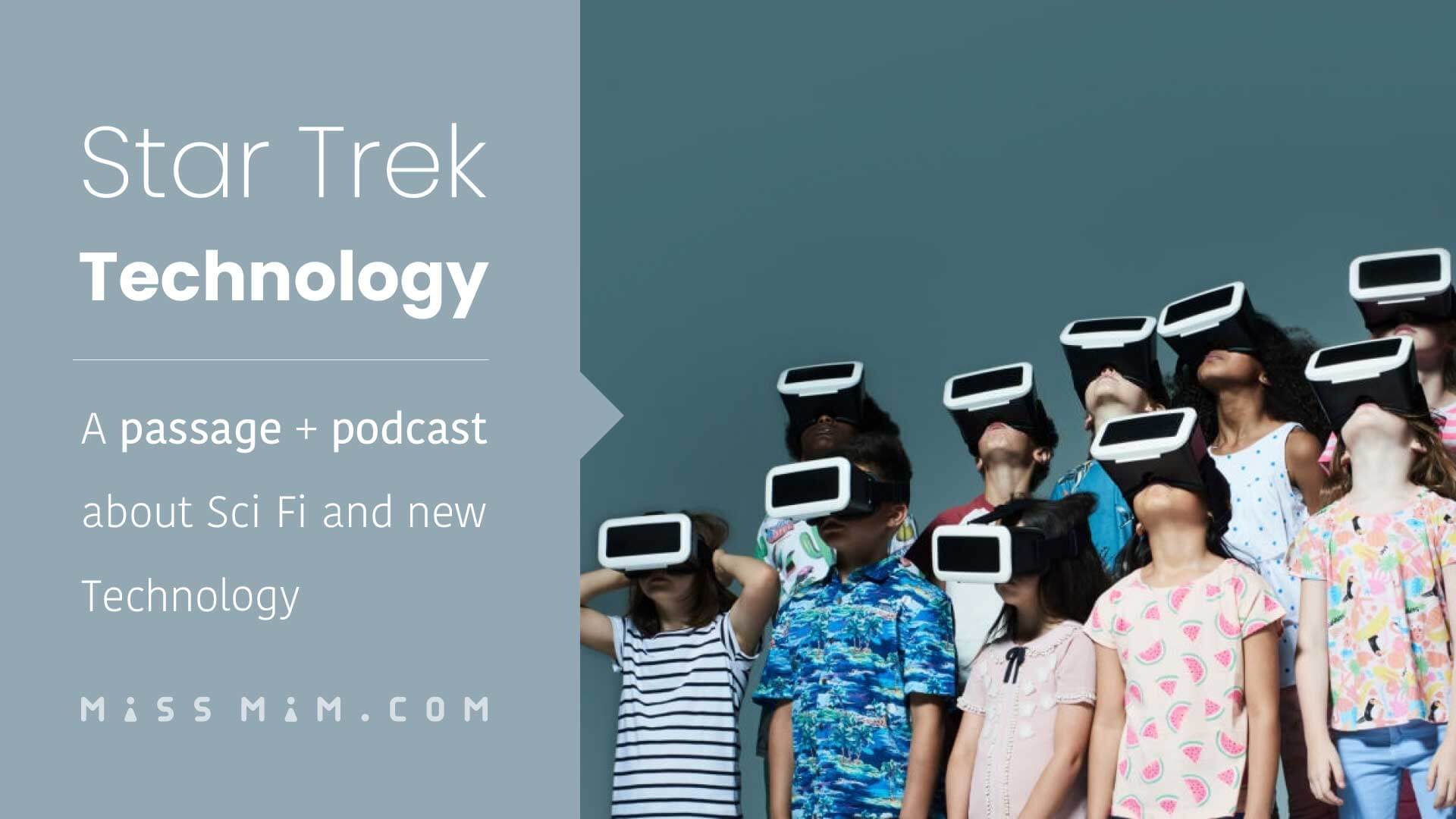
One# Star Trek Technology
فصل ۹ از کتاب Focus on Vocabulary 1 نشون میده چطور داستانها و سریالهای علمی-تخیلی Star Trek باعث ساخت تکنولوژیهای جدید شدن.
این درس فوقالعاده علاوه بر اینکه عبارات و کالوکیشنهای تکنولوژی رو استفاده میکنه، مجموعهای از لغات ضروری رو هدف قرار میده تا در طی چند سری تمرین اصولی و استاندارد اونها رو یاد بگیرید.
- متن PDF این درس رو اینجا بخونید.
- فایل mp3 این درس رو اینجا گوش کنید.
- تمرینات لغت این درس رو اینجا انجام بدید.
Two# Sports Technology
این درس از کتاب Focus on Vocabulary 1 به مفهوم Techno-Doping میپردازه و اینکه استفاده از تکنولوژی در ساخت و طراحی تجهیزات ورزشی میتونه دوپینگ محسوب بشه.
- متن PDF این درس رو اینجا بخونید.
- فایل mp3 این درس رو اینجا گوش کنید.
- تمرینات لغت این درس رو اینجا انجام بدید.
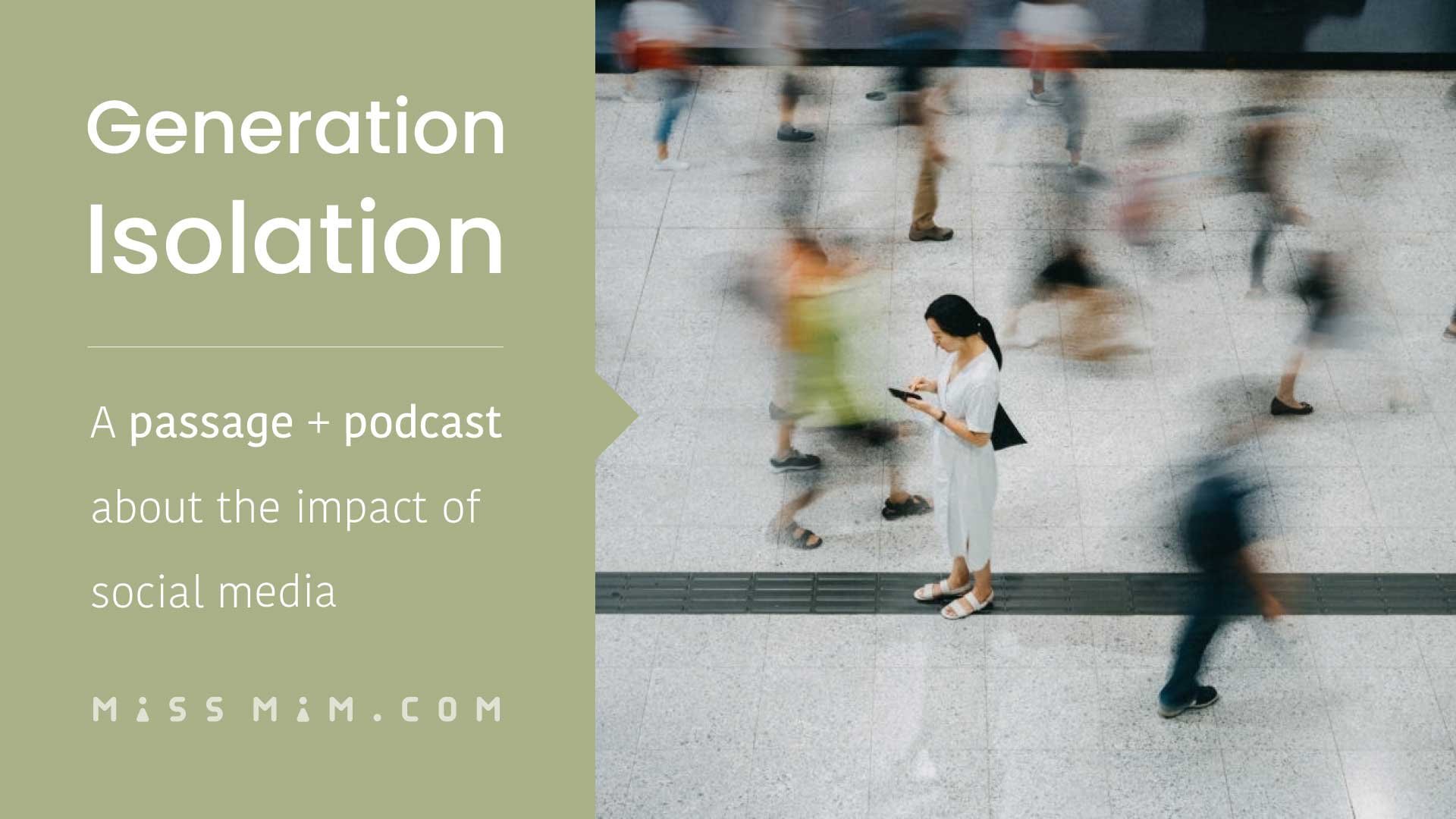
Three# Generation Isolation
درس ۱۸ از کتاب Focus on Vocabulary 1 درباره تاثیر سوشال مدیا بر زندگی اجتماعی ما آدمهاست و اینکه آیا واقعا اجتماعیترمون کرده یا منزویتر؟
همینطور، درباره نقش شبکههای اجتماعی در گسترش دموکراسی و مفهوم Spiral of Silence هم بحث شده.
این درس و کلا این کتاب موکدا توصیه میشه.
- متن PDF این درس رو اینجا بخونید.
- فایل mp3 این درس رو اینجا گوش کنید.
- تمرینات لغت این درس رو اینجا انجام بدید.

Four# Rise of the Machines
درس ۱۹ از کتاب Focus on Vocabulary 1 به این موضوع پرداخته که آیا تکنولوژی در نهایت باعث نابودی ما میشه یا رستگاریمون!
از اونجایی که تاثیرات مثبت و منفی تکنولوژی در سوالات اسپیکینگ و رایتینگ متداول هستن، این درس میتونه تو ایدهپردازی و بازتر شدن افق دیدتون موثر باشه!
- متن PDF این درس رو اینجا بخونید.
- فایل mp3 این درس رو اینجا گوش کنید.
- تمرینات لغت این درس رو اینجا انجام بدید.

IELTS Speaking Part 1 Questions
▪️Do you use any gadgets on a daily basis?
Gadget is one of the most misunderstood words among learners. So here is the ultimate clarification.
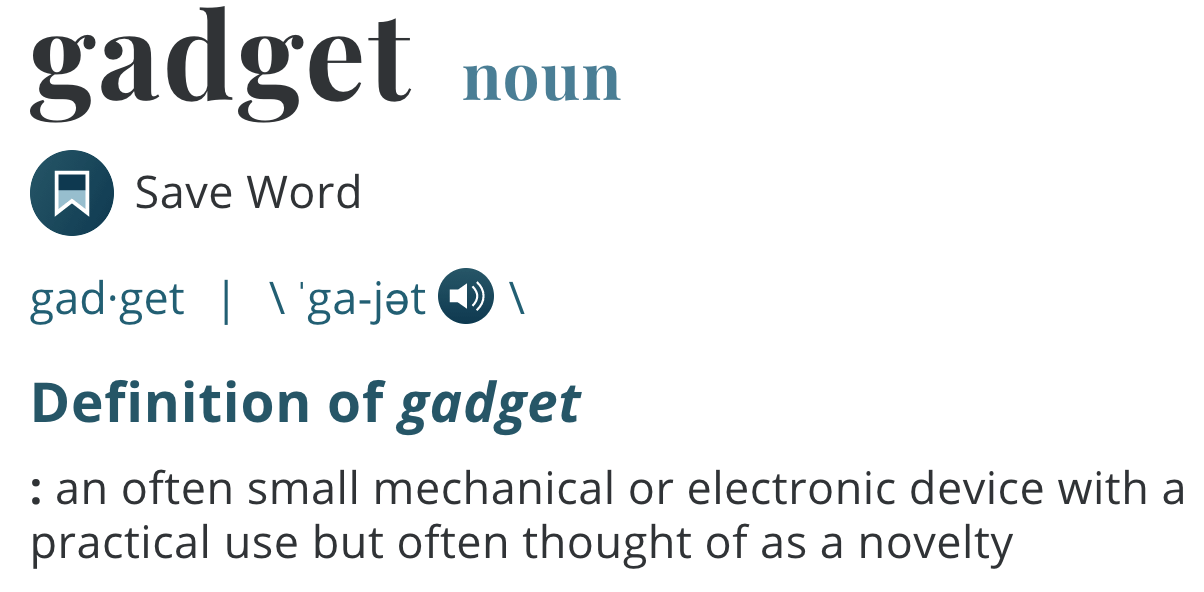
The most commonplace gadgets are mobile phones and laptops or personal computers.
e.g. I spend quite a lot of time on my laptop/phone …
e.g. Technology is such an integral part of my life …
e.g. I’m glued to my laptop/phone …
e.g. I’m chained to my laptop/phone
▪️How much time do you spend using a computer at work or at home?
e.g. I excessively/obsessively spend time on my phone/computer …
Three dots mean you don’t stop there and should give more details as to what you often do on your device or why you use it so heavily in the first place.
e.g. I obsessively spend time on my desktop, since I have an online business to take care of and there are endless tasks that have to be done using a computer. So, you’ll see me at my laptop almost all the time!
▪️Do you own a computer? If so, how often do you use it, and for what purposes?
The first part is a variation of the previous questions about the amount of time you spend using a personal computer.
However, for the second part, you’ll need to name a few tasks you typically use a computer for. For example:
doing work projects or work-related tasks
doing school assignments or projects
browsing through the internet
OR web surfing: the activity of looking for information or interesting things on the Internet, especially from one site to another.
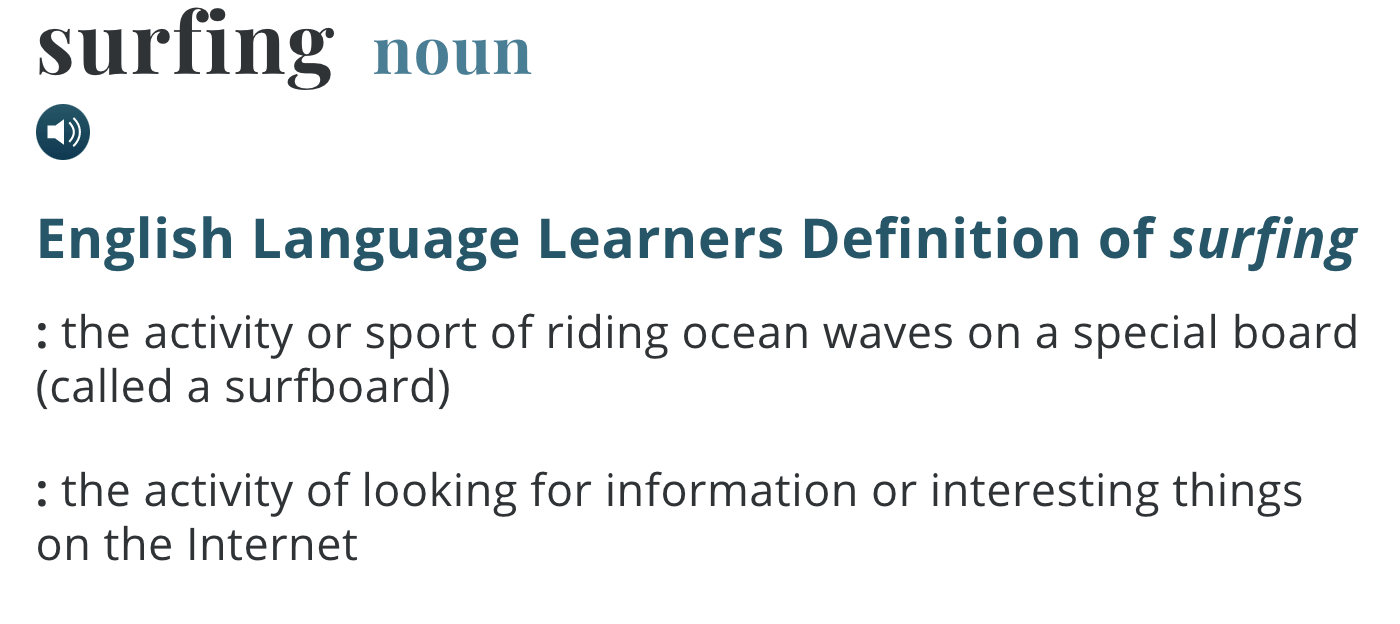 A complete response would be like:
A complete response would be like:
I have been using computers for as long as I can remember! For the most part, I use it to do my projects and work-related tasks. However, I tend to use my cellphone/mobile phone to surf the internet, Instagramming, and whatnot, since a hand-held device is much easier to work with when laid down.
However, I do understand that not every test taker has a personal computer – be it a desktop or a laptop. So:
I used to have one, but … [continue to explain why you no longer own one, and what alternative you use, e.g. a phone, a tablet plus what you do with them.]
I’ve never had one … [continue to explain why you never owned one]
▪️What kinds of machines are used for housework in modern homes in your country?
First things first, you’ll need to replace ‘machines used for housework’ with:
▫️home gadgets
▫️home appliances
▫️household appliances
▫️household devices
I stumbled upon the Mega Guide to 40 different types of home appliances for which no candidate got time!
Hence, a modified version of their list … you’re welcome!


IELTS Speaking Part 2 Questions
▪️Describe an electronic game (e.g. a computer, video, or internet game) you have enjoyed playing. You should say:
what the game was
when and where you played the game
how easy it was to play this game
and explain why you enjoyed playing this game.
>> Useful Language
to be big on sth.
Also: to be huge on sth.
e.g. I am/not huge/big on digital games.
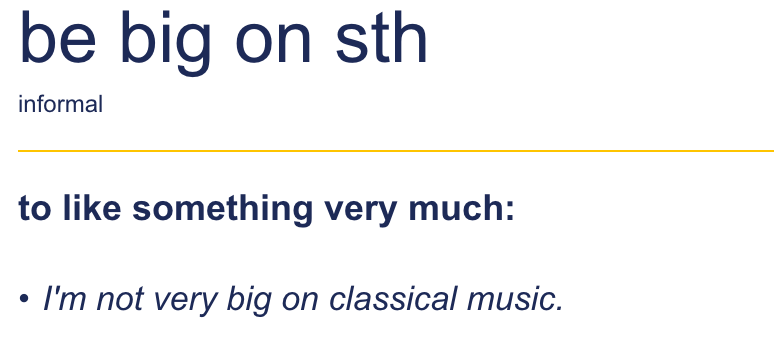
I am/not a big fan of digital games, mainly because …
I was intrigued by the game that …
I was so so absorbed in the game that …
I was so caught up in the game that …
e.g. I was so so absorbed in the game that I didn’t notice the time passing.
Video Games Adjectives
Addicting
Addictive
Dynamic
Easy to play
Entertaining
Futuristic
Intellectual
Intense
Intuitive (simple to use and understand)
Multiplayer
Single-player
realistic
stimulating
strategic
tactical
violent
well-designed
world-renowned
▪️Describe a time when you started using a new technological device (e.g. new computer or phone). You should say:
What device you started using
Why you started using this device
How easy or difficult this was to you
and explain how helpful this device was to you.
>> Useful Language
▫️piece of equipment
▫️appliance (e.g. a cooker, washing machine)
▫️gadget (e.g. drone, tablet, AirPods, etc.)
▫️cutting edge technologies
▫️pioneering technologies
▫️state-of-the-art technology
▫️sophisticated (e.g. a sophisticated piece of technology or computer system)
▫️a game-changer (producing a significant change in the way something is done or seen)
▫️Revolutionary
▫️Indispensable (crucial, vital)
▫️Innovative (e.g. innovative design)
▫️Breakthrough (an important discovery that helps improve a situation or answer a question)

IELTS Speaking Part 3 Questions
▪️Do people spend too much time on phones and devices these days? Are there negative consequences of this trend? How can we limit people’s’ time on their devices?
Phrases to use instead of ‘spend too much time on phones’:
use [their] phones excessively/obsessively …
they/we are constantly on our phones …
our phones are usually within arm’s reach …
e.g. Absolutely yes! It’s fairly typical of everyone to keep their phone within their arm’s reach to check on it constantly …
As far as the negative impacts of overusing computers and smartphones go, you can talk about many but the widely known adverse effects are eye strain and bad body posture such as slouching.
Solutions to reduce time on phone/social apps are
▫️doing outdoor physical activities to unplug
▫️setting ‘No Phone Hours’ or even days to digitally detox
▫️using screen time monitoring apps to make us unplug
I personally enjoyed reading this blog post about some hair-raising results of studies on smartphone usage.
▪️How easy do you think it is for most people to learn how to use computers?
e.g. Electronic devices are such commonplace and have become so intuitive to learn and work with that they no longer even come in with elaborate user manuals which in and of itself speaks of the simplicity and user-friendliness of those digital products.
However, ”Digital Natives’ have demonstrated to be more adept at using technological devices than their previous generations who did not grow up with technology.
Unfamiliar with Digital Natives? Check out the Lifestyle Myths lesson.
▪️How can computers help young children learn at school?
>> Hints
Digital literacy is a must these days, and learning to use a computer is a skill that prepares children for future computer use.
Playing educational programs
Making PowerPoints
Doing school projects online
▪️Why are young people quick in learning how to use computers?
>> Hint
When you grow up constantly being exposed to something you pick it up pretty quickly.
▪️Is it a good or bad idea to give young children their own computer or laptop, and why?
>> Hints
As they grow older, they’d seek more independence and privacy they even would be required to do some school work on computers. However, even teens need adult oversight/supervision (e.g. checking logs, history, etc.)
Kids would need to learn healthy computer use and not spending too much time on it, and the best way is to lead them by example (meaning parents should learn and practice it first then children would naturally follow the suit.)
▪️How does using computers help teachers do their job?
>> Hints
keeping students more engaged
Using grading software and online assessments can help teachers save a lot of time
▪️What do you think is the best way to learn how to use different skills on the computer?
>> Hints
Self-learning
Watching video tutorials online
▪️Do you think that schools should use more technology to help children learn?
>> Hints
When technology is integrated into lessons, students’ engagement increases.
Improves knowledge retention
Computer-assisted learning
Blended learning (online + F2F)
▪️How much has technology improved how we communicate with each other?
>> Hints
Messaging apps
Social media allows us to keep up with our friends and a larger network
▪️Could you suggest some reasons why some people are deciding to reduce their use of technology?
>> Hints
Social networking sites/apps have become a nuisance (problem)
productivity killers
Poor concentration and decreased efficiency
Absent-mindedness
Preoccupation
Obsessiveness
▪️How have these machines benefited people? Are there any effects in the future?
>> Hint
Definitely, our lives are better organized and more convenient than ever before.
The use of household appliances has freed up a large chunk of our time which could virtually be invested in more innovative/fruitful efforts/endeavors.
Instant gratification or the desire to experience pleasure without delay
Microwave has harmful radiation
▪️Do you think all new homes will be equipped with household machines in the future? Why?
>> Hints
Smart homes
Internet of things
Fully furnished houses
Homes as we know now might soon be a thing of the past
>> Hints
Water cooler
Shredder
Memory stick
Also, this is a good read about a promising future.
▪️How have developments in technology affected employment in your country?
To develop a solid response to the question, I’d encourage you to go over this incredibly insightful article by McKinsey on Technology and the future of work.

IELTS Questions about Technology
PART 1
▪️Do you use any gadgets on a daily basis?
▪️How much time do you spend using a computer at work or at home?
▪️Do you own a computer? If so, how often do you use it, and for what purposes?
▪️Do people spend too much time on phones and devices these days?
▪️How easy do you think it is for most people to learn how to use computers?
▪️What kinds of machines are used for housework in modern homes in your country?
▪️What kinds of equipment do most workers need to use in offices today?
PART 2
Describe an electronic game (e.g. a computer, video, or internet game) you have enjoyed playing.
You should say:
what the game was
when and where you played the game
how easy it was to play this game
and explain why you enjoyed playing this game.
Describe a time when you started using a new technological device (e.g. new computer or phone).
You should say:
What device you started using
Why you started using this device
How easy or difficult this was to you
and explain how helpful this device was to you.
Describe a piece of electronic equipment that you find useful.
You should say:
what it is
how you learned to use it
how long you have had it
and explain why you find this piece of electronic equipment useful.
PART 3
▪️How can computers help young children learn at school?
▪️Why are young people quick in learning how to use computers?
▪️Is it a good or bad idea to give young children their own computer or laptop, and why?
▪️How does using computers help teachers do their job?
▪️Will computers take over from teachers one day, and would that be a good thing?
▪️What do you think is the best way to learn how to use different skills in the computer?
▪️Do you think that schools should use more technology to help children learn?
▪️How much has technology improved how we communicate with each other?
▪️Could you suggest some reasons why some people are deciding to reduce their use of technology?
▪️What kinds of machines are used for housework in modern homes in your country?
▪️How have these machines benefited people? Are there any effects in the future?
▪️Do you think all new homes will be equipped with household machines in the future? Why?
▪️What kinds of equipment do most workers need to use in offices today?
▪️How have developments in technology affected employment in your country?
▪️What is the best age for children to start computer lessons?
▪️Do you think computers have improved most people’s everyday lives?
▪️Do you agree that there are still many more major technological innovations to be made?
▪️Some people think that technology has brought more stress than benefits to employed people nowadays. Would you agree or disagree? Why?
▪️Could you suggest some reasons why some people are deciding to reduce their use of technology?
▪️How have these machines benefited people? Are there any negative effects of using them?
▪️How have developments in technology affected employment in your country?



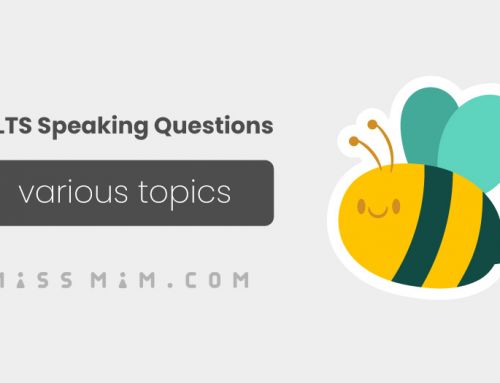
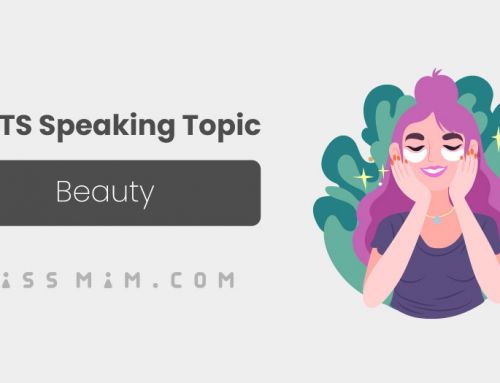
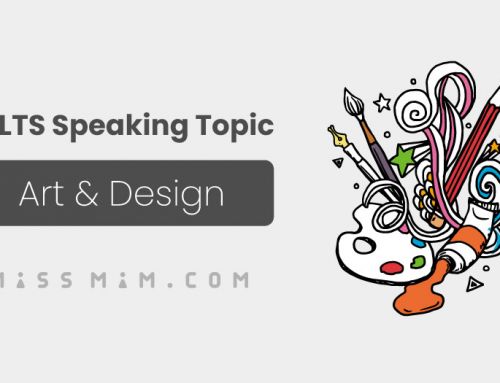
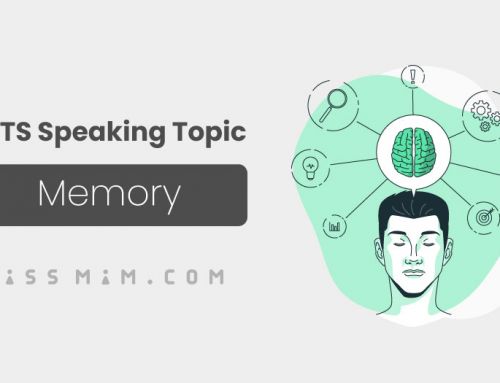


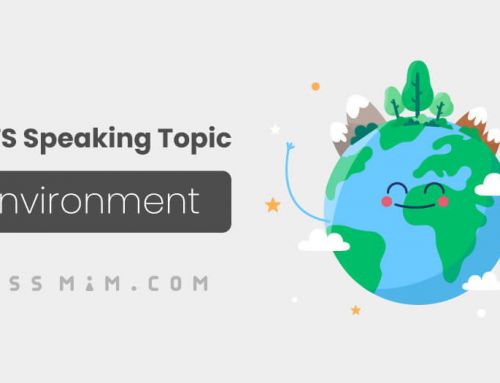
ثبت ديدگاه